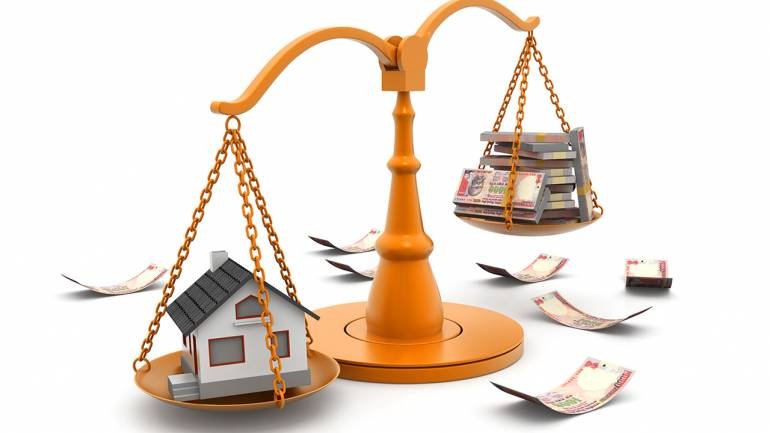When you need funds—whether for business expansion, home renovation, or emergency expenses—two popular options are a Personal Loan and a Loan Against Property (LAP). While both can help you meet your financial needs, they differ significantly in terms of interest rates, eligibility, loan amounts, and risk.
Here’s a simple breakdown to help you choose the right one.
What is a Personal Loan?
A personal loan is an unsecured loan, meaning you don’t need to provide any collateral. It's ideal for short-term needs such as medical emergencies, travel, weddings, or even debt consolidation.
Key Features:
-
Quick approval and disbursal
-
Short repayment tenure (1–5 years)
-
Higher interest rates due to no collateral
-
Limited loan amount based on your income and credit score
What is a Loan Against Property?
A loan against property is a secured loan where you pledge your residential or commercial property to get funds. It’s suitable for large financial needs like business expansion, higher education, or major investments.
Key Features:
-
Lower interest rates due to collateral
-
Higher loan amount (up to 60–70% of property value)
-
Longer repayment tenure (up to 15 years)
-
Longer processing time due to property evaluation
Which One Should You Choose?
1.) Choose a Personal Loan if:
-
You need quick funds
-
The amount required is relatively small
-
You don’t want to risk your property
-
Your credit score is strong
2.) Choose a Loan Against Property if:
-
You need a larger loan amount
-
You want lower interest rates and longer tenure
-
You own property that can be pledged
-
You can wait for the processing time
Conclusion
Both options serve different purposes. A personal loan offers speed and convenience, while a loan against property provides larger amounts at better rates. Your decision should depend on your financial need, repayment capacity, and urgency.
At Roopiya.com, we help you compare loan options and choose the one that best fits your needs. Contact us today for expert loan consultancy services.

